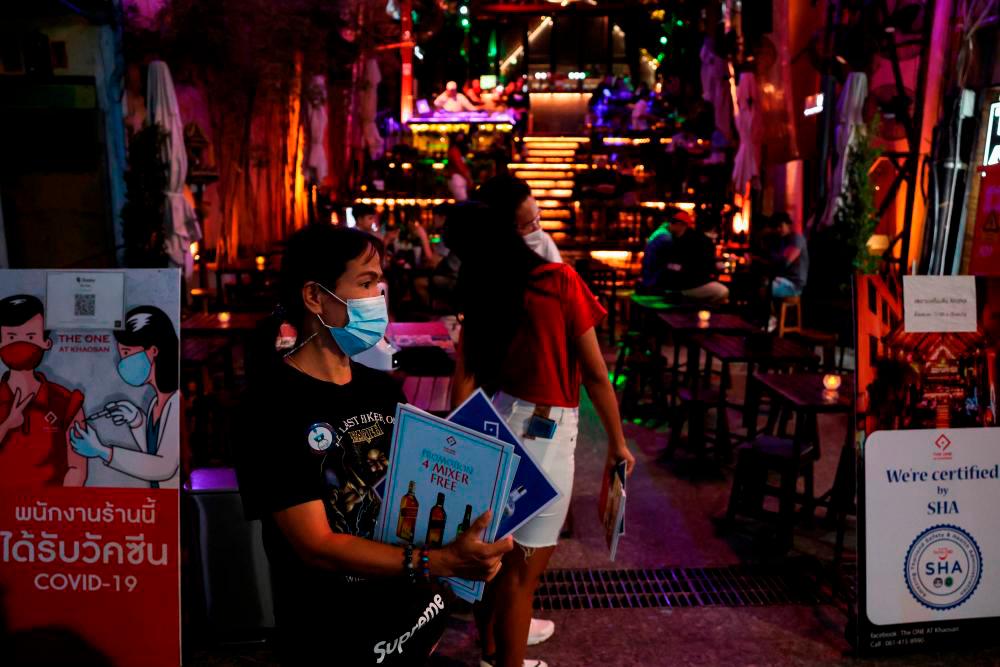BANGKOK: There are nearly 1.4 million or 15 per cent of youths aged 15 to 24 years old in Thailand who are not in employment, education, or training (NEET), according to a report by the United Nations Children’s Fund (UNICEF).
The new study, titled In-depth Research on Youth Not in Employment, Education or Training in Thailand, finds 68 per cent of youths are lacking the motivation to develop skills or work due to a perceived lack of opportunities.
The study finds about 70 per cent of NEET youths are female – most of whom dropped out of school due to pregnancy or caring responsibilities – and the causes of NEET are complex and multifaceted.
It said factors such as gender, ethnicity, health, low educational attainment, lack of opportunities and support, and poor socioeconomic conditions as well as a mismatch of skills, are putting young people at risk of becoming NEET.
“The Covid-19 pandemic has worsened the situation and upsurged the number of NEETs. In addition to learning losses, it has led to longer job search periods, job losses, and reduced opportunities for education and training among young people, which also increased their discouragement in education, training, and finding jobs,” the report said.
The study, released on Wednesday, is the first in-depth study that provides a comprehensive picture of youth NEET in Thailand.
Meanwhile , UNICEF Representative for Thailand Kyungsun Kim said the large proportion of youths who are not participating in education, employment nor training is a major concern in Thailand, especially when the country is now one of the fastest aging societies in the world.
“This means that we have an urgent task to help them get back on track where they have access to quality education and skills training that support their needs, prepare them for the job market, and become citizens that contribute to Thailand’s prosperity and equality,” she said.
Kim said the NEET youths are exposed to high risk of poverty and social exclusion and often lack the means to improve their skills and competencies.
UNICEF is calling for immediate action to tackle these challenges, with a proposal to establish one-stop service centres across the country to provide integrated and targeted support for young people and NEETs.
These centres would offer a comprehensive package of services, including consultations, engagement activities, financial support, and accessible funding options to help the youths get back on track.
The National Statical Office said the number of youths in the labour force declined from 4.8 million in 2011 to 3.7 million in 2021.
It said the unemployment rate among youths aged 15 to 24 years old increased from 5.8 per cent in 2011 to 6.5 per cent in the third quarter of 2022, which was significantly higher than the adult unemployment rate at 0.7 per cent. -Bernama










